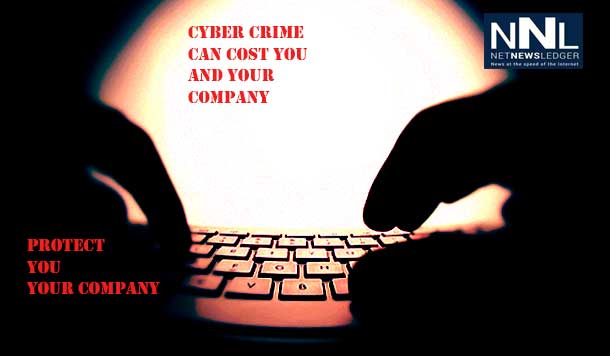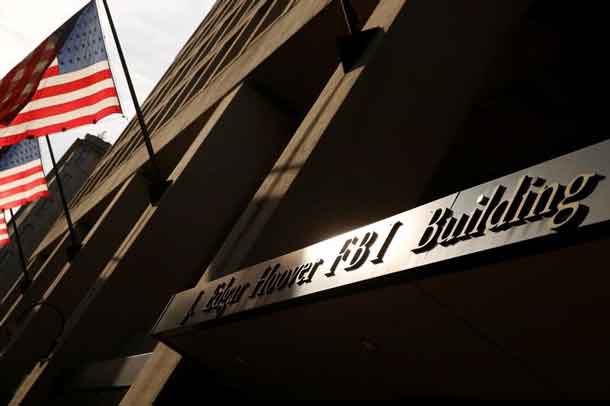
Cyber Criminals Lurk to Steal Your Information
THUNDER BAY – Software piracy is a serious problem in Canada and around the world. The Federal Bureau of Investigation in the United States shares that often pirated software can contain malware and other hidden According to a 2011 BSA-IDC study, twenty-eight per cent of PC software installed on computers in Canada in 2010 was pirated, with a retail value of approximately US$1.066 billion. The impact on business can be very harsh, and expensive.
In March 2013, an Ontario-based company paid a total of $106,791 in fines and had to agree to delete all unlicensed software, acquire any licenses necessary to become fully compliant, and take measures to ensure its future compliance on all of the companies computers.
This is one of the foundational principles of proper software asset management (SAM).
BSA was alerted to the unlicensed software use via a confidential report made on its website www.nopiracy.ca.
Companies like Microsoft, Adobe, Apple, and many other major computer and computer software companies are focused on protecting their products.
Cloud Offers Licenced Software at Affordable Rates
There is really no excuse, both for business, and for individuals for using pirated software. In business the cost of software is a business expense. Maybe a way to think about it, if your company is struggling, and the company is using pirated software, that approach to business might be part of why the company is struggling.
If it is really dollar tight, as it is for many new companies, there are Open Source Software options.
In the case of Adobe, where the popular Photoshop. Adobe Premier and other video and photo programs are some of the best available, the company has a strong policy on software piracy. In addition, there are simple solutions. For $50 per month, a customer can purchase a licence for the Adobe Creative Cloud. That offers the entire Adobe Suite at an affordable rate. There are lower prices for students as well.
Microsoft is offering Office 365 for less than $100 annually. It is $12.50 per month for up to 25 users for the entire Microsoft Office package.
At those kinds of prices, software companies have put affordable programs in almost everyone’s reach. If you still want alternatives, try Open Office by Apache.
The Federal Bureau of Investigation (FBI) state there are serious issues that can face users of illegal software.
FBI Report on Pirated Software Dangers
- Once installed on a computer, malware can record your keystrokes (capturing sensitive usernames and passwords) and steal your personally identifiable information (including Social Insurance Numbers, Social Security numbers, Credit Card numbers, private information, and birth dates), sending it straight back to criminals and hackers. It can also corrupt the data on your computer and even turn on your webcam and/or microphone.
- Malware can spread to other computers through removable media like thumb drives and through e-mails you send to your family, friends, and professional contacts. It can be spread through shared connections to a home, business, or even government network. Criminals can also use infected computers to launch attacks against other computers or against websites via denial of service attacks.
How to Protect Your Computer
The same advice parents might deliver to young drivers on their first solo journey applies to everyone who wants to navigate safely online. A FBI Special Agent in the Cyber Division offers the following:
– “Don’t drive in bad neighborhoods.”
– “If you don’t lock your car, it’s vulnerable; if you don’t secure your computer, it’s vulnerable.”
– “Reduce your vulnerability, and you reduce the threat.”
Key Steps to Protect Your Computer
– Keep Your Firewall Turned On: A firewall helps protect your computer from hackers who might try to gain access to crash it, delete information, or even steal passwords or other sensitive information. Software firewalls are widely recommended for single computers. The software is prepackaged on some operating systems or can be purchased for individual computers. For multiple networked computers, hardware routers typically provide firewall protection.
– Install or Update Your Antivirus Software: Antivirus software is designed to prevent malicious software programs from embedding on your computer. If it detects malicious code, like a virus or a worm, it works to disarm or remove it. Viruses can infect computers without users’ knowledge. Most types of antivirus software can be set up to update automatically.
– Install or Update Your Antispyware Technology: Spyware is just what it sounds like—software that is surreptitiously installed on your computer to let others peer into your activities on the computer. Some spyware collects information about you without your consent or produces unwanted pop-up ads on your web browser. Some operating systems offer free spyware protection, and inexpensive software is readily available for download on the Internet or at your local computer store. Be wary of ads on the Internet offering downloadable antispyware—in some cases these products may be fake and may actually contain spyware or other malicious code. It’s like buying groceries—shop where you trust.
– Keep Your Operating System Up to Date: Computer operating systems are periodically updated to stay in tune with technology requirements and to fix security holes. Be sure to install the updates to ensure your computer has the latest protection.
– Be Careful What You Download: Carelessly downloading e-mail attachments can circumvent even the most vigilant anti-virus software. Never open an e-mail attachment from someone you don’t know, and be wary of forwarded attachments from people you do know. They may have unwittingly advanced malicious code.
– Turn Off Your Computer: With the growth of high-speed Internet connections, many opt to leave their computers on and ready for action. The downside is that being “always on” renders computers more susceptible. Beyond firewall protection, which is designed to fend off unwanted attacks, turning the computer off effectively severs an attacker’s connection—be it spyware or a botnet that employs your computer’s resources to reach out to other unwitting users.







